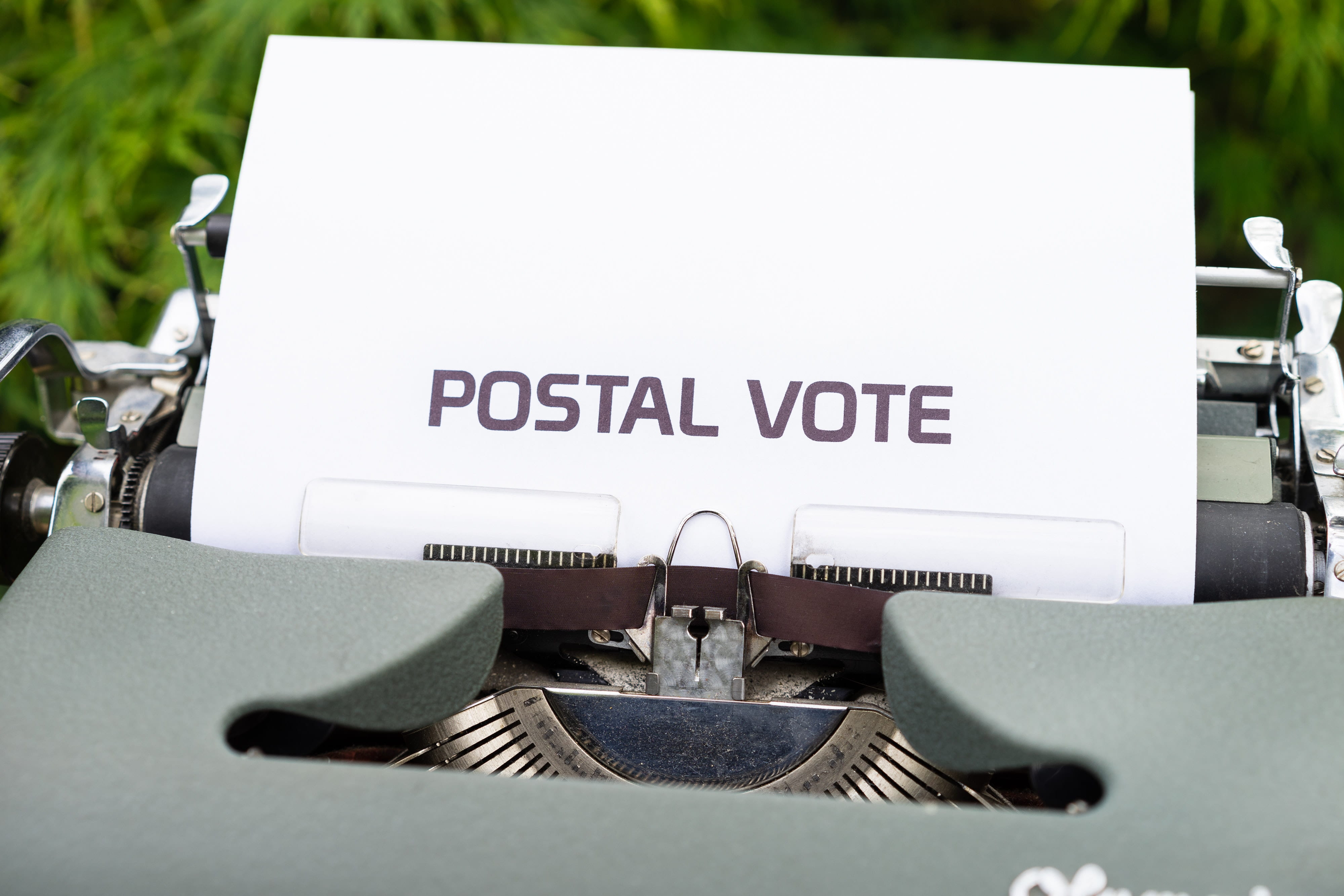Hi, I'm currently in third year studying MChem Chemistry for Drug Discovery and Development. I am passionate about science , LGBTQ+ rights and swimming too.

A student’s guide to government elections
May 2, 2021,
read.
This article is more than 3 years old
As a student you may never have previously had the right to vote, or chosen not to do so, which can make voting seem pretty daunting, but it doesn’t have to be! In this article I will provide all the information you need to be prepared for any election.
What are the different types of elections?
Firstly it is important to note that in the UK there are 5 types of government election.
General Election – Constituents vote for who they would like to become a Member of Parliament (MP) represent their area in parliament. Whichever political party receives that majority of seats/ MP’s will become the next government of the UK and their leader will become the Prime Minister
Local Government – Constituents vote for who they would like to become a local councillor. This can be county council e.g Lincolnshire County Council and borough council e.g City of Lincoln Council.
Local Mayors – In some areas of England constituents vote for who they would like to become the local mayor. A mayors key responsibilities is to chair council meetings and to act as a head of the area for ceremonial purposes.
Police and Crime Commissioner – Constituents vote for who they would like to become the next Police and Crime Commissioner (PCC). A PCC’s main role is to hold the police to account for decisions they make and be a voice for the people in their area. They make sure the police is run properly.
Referendums – A referendum is a vote on a single issue. Key examples in the U.K are the Brexit referendum and the Scottish independence referendum. Each referendum has different people who can vote in it for example in the Brexit referendum the whole of the U.K could vote, but for the Scottish independence referendum only those residing in Scotland could vote.
Who can vote?
To be eligible to vote in the UK you need to meet the following criteria:
- Be 18 or over on the polling day of the election
- Be a British, Irish, EU or qualifying Commonwealth citizen
- Be a resident at an address in the UK and registered to vote in the area you want to vote in
- Not be legally excluded from voting
As a student you can register to vote at both your home and term time addresses. This is easy to do and will allow you to vote in local elections in both areas.
How do I register to vote?
The easiest way to register to vote is online ; it only takes 5 minutes and your National Insurance number. If you don’t want to register online you can download a paper form and send it to your local Electoral Registration Office. You don’t usually need to register to vote before every election but if you move residential address or change your name you will need to reregister. This means that most students will have to reregister every year as they change accommodation.
Why should I vote?
By voting you are doing your small part in creating the change you wish to seek, as you help to decide who makes the decisions that will one way or another effect you now or in the future. If you don’t like the way the current government is doing things you can vote against them if you do like them then you can vote in support of them. If you don’t feel like any political party represents your views well then you can still vote but spoil your ballot, this will still be counted and will show politicians that they need to change their policies to have more people support them.

It is important to remember that from the women’s suffrage movement to those who took part in Peterloo, people have sacrificed their lives so that we could all have the right to vote so don’t take it for granted. More information on why you should vote can be found here.
Where do I vote?
Once you are registered when there is an upcoming election in your area you will be sent a polling card with all the information that you need to vote. On there it will tell you where your assigned polling station is. This is usually the one closest to you and if you are unsure where yours is you can check here.
What if I don’t want to vote in person or can’t make it on the day?
If you cannot make it to the polling station on election day or for whatever reason you don’t want to vote in person you can vote by post or proxy. A postal vote allows you to still have your vote counted but not need to attend the polling station on election day. You can apply for a postal vote here. Another alternative is to vote by proxy, this means asking someone you trust to vote on your behalf. You can see the circumstances in which you can apply for a proxy vote and apply for one here.
Who should I vote for?
This is the hardest question when it comes to elections. It is important to do your research and see which party (if any) best represents your views. There usually is compromise, you might not agree with everything the party you vote for stands for but you should agree with most. If you are unsure who to vote for this tool was created to help you decide. It is based on questions around the 2019 general elections so although a little outdated it should give you a good idea of which party will best represent your interests.
I hope this post leaves you with a greater understanding of the why your vote matters and how you can vote. More information about elections in the UK can be found here.
“Somewhere inside us all is the power to change the world.”
Roald Dahl
- Topics
- Student voice
- Voting






